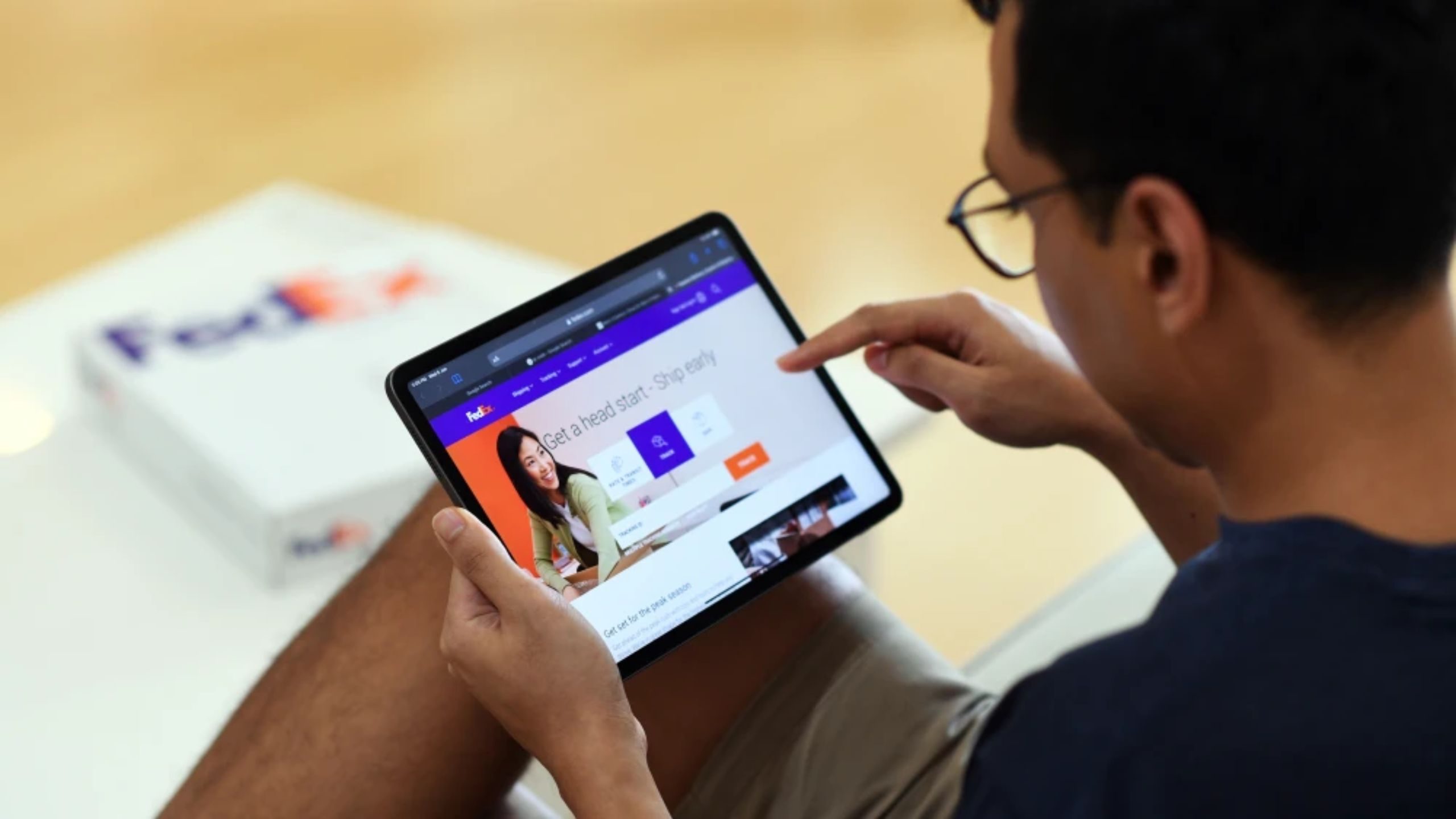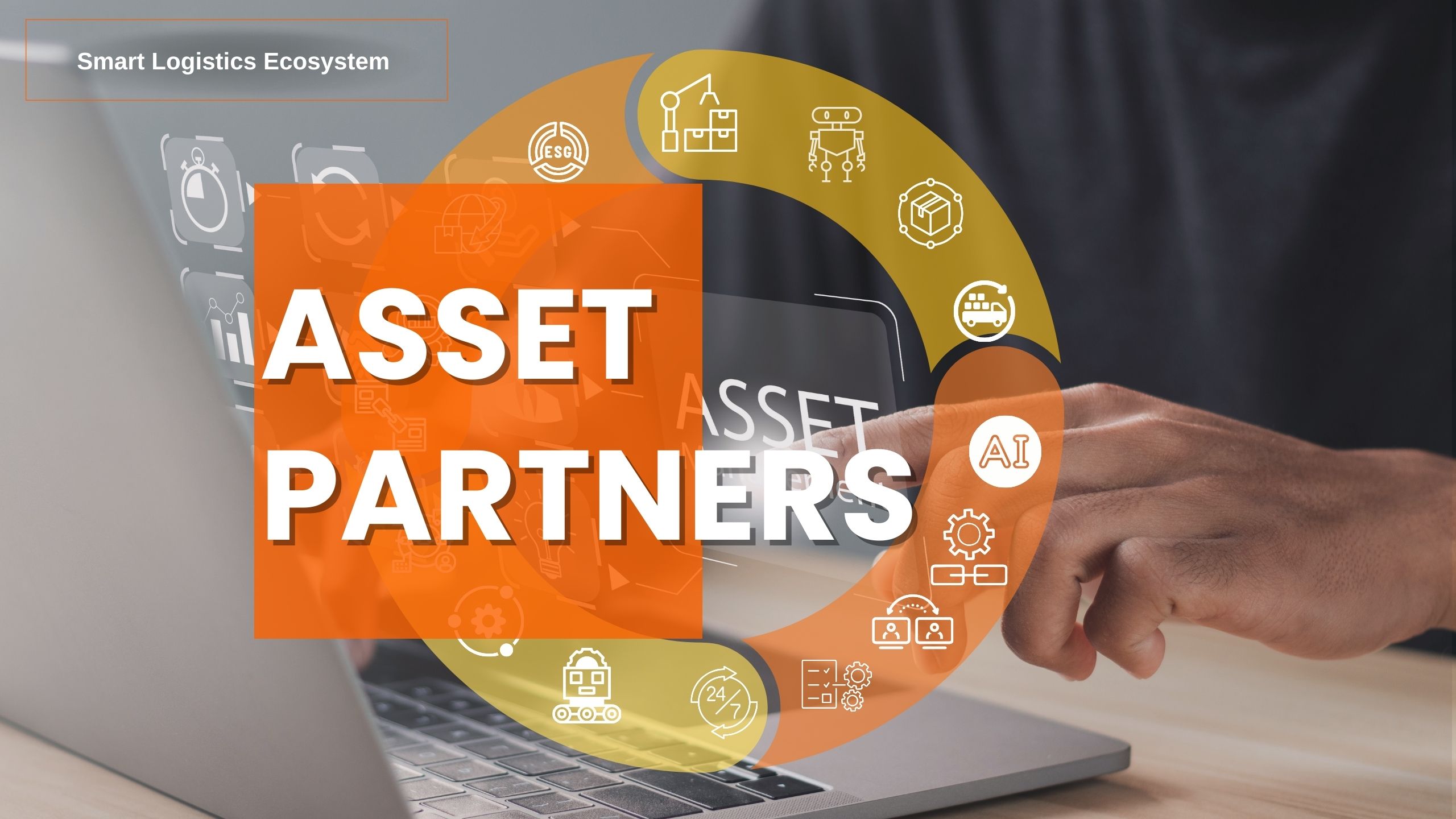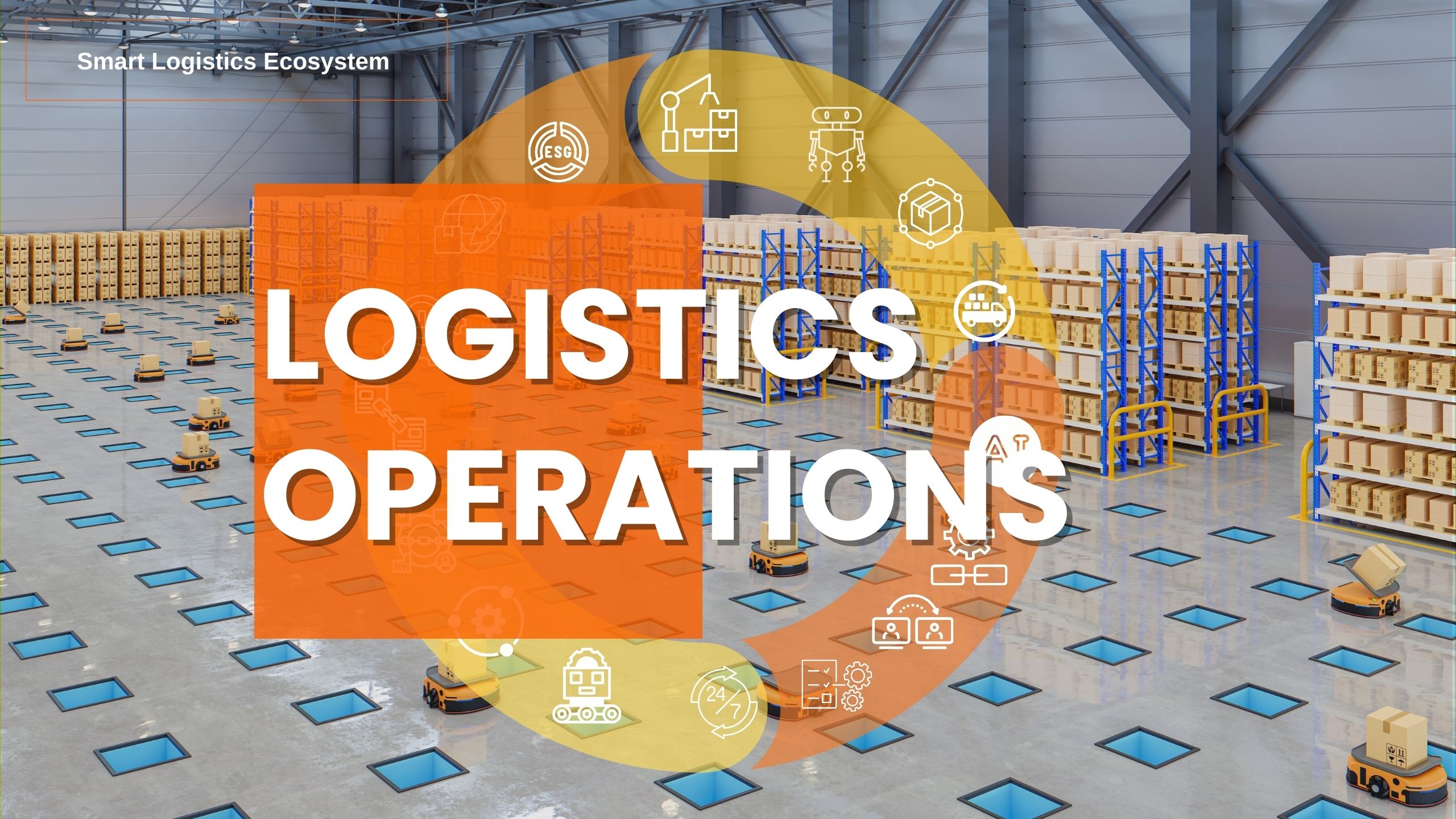FedEx Debuts Groundbreaking New Data-Driven Commerce Platform
- April 2, 2024

Global shipping giant FedEx recently revealed plans to roll out a pioneering data-driven commerce platform called “fdx” this Fall.
fdx aims to provide end-to-end e-commerce solutions that empower businesses to boost performance. It will fuse FedEx’s existing toolkit, delivering merchants one-stop services spanning demand generation, conversion optimization, order fulfillment, and streamlined returns.
Currently, fdx offers digital assets like access to ShopRunner’s membership base and logistics network insights. Looking ahead, it will introduce order integration, routing recommendations based on real-time analytics, and carbon footprint tracking.
FedEx noted fdx harnesses data to impart digital foresight rather than direct commercial involvement.
The new platform underscores FedEx’s aggressive digital transformation push as it expands into e-commerce. It capitalizes on data troves and connects customer journeys and fdx objectives to enhance how merchants engage consumers worldwide.
fdx promises a revolutionary commerce experience fueled by an industry-leading logistics provider’s unparalleled transportation intelligence and global reach.
Lets’ read more about fdx: https://bit.ly/3OdE4Ak
Other News
- All Post
- Greater Bay Alliance

The long-awaited Shenzhen-Zhongshan Bridge has finally passed its completion inspection on June 16th. This infrastructure marvel, comprising an underwater tunnel through the Pearl Riverbed and a cross-sea highway bridge, will connect the two cities and slash their travel time to just 30 minutes.

The 15th LET - a CeMAT Asia Event was officially unveiled recently, held for three consecutive days (May 29-31) at the Guangzhou China Import & Export Fair Complex.

Asset partners comprise capital investors and real estate providers with financial resources and physical logistics properties such as warehouses, logistics centers, and distribution centers. Both parties are driven by achieving long-term stable returns and asset appreciation, but they may need more experience in operating logistics assets.

With the increasing demand for online shopping, the logistics industry faces significant challenges and opportunities. To meet the growing needs, logistics operators must invest substantial funds in acquiring new logistics equipment, such as automation, intelligence, and digitization, to enhance operational efficiency and service levels. However, such investments can be a significant burden for many logistics operators.
